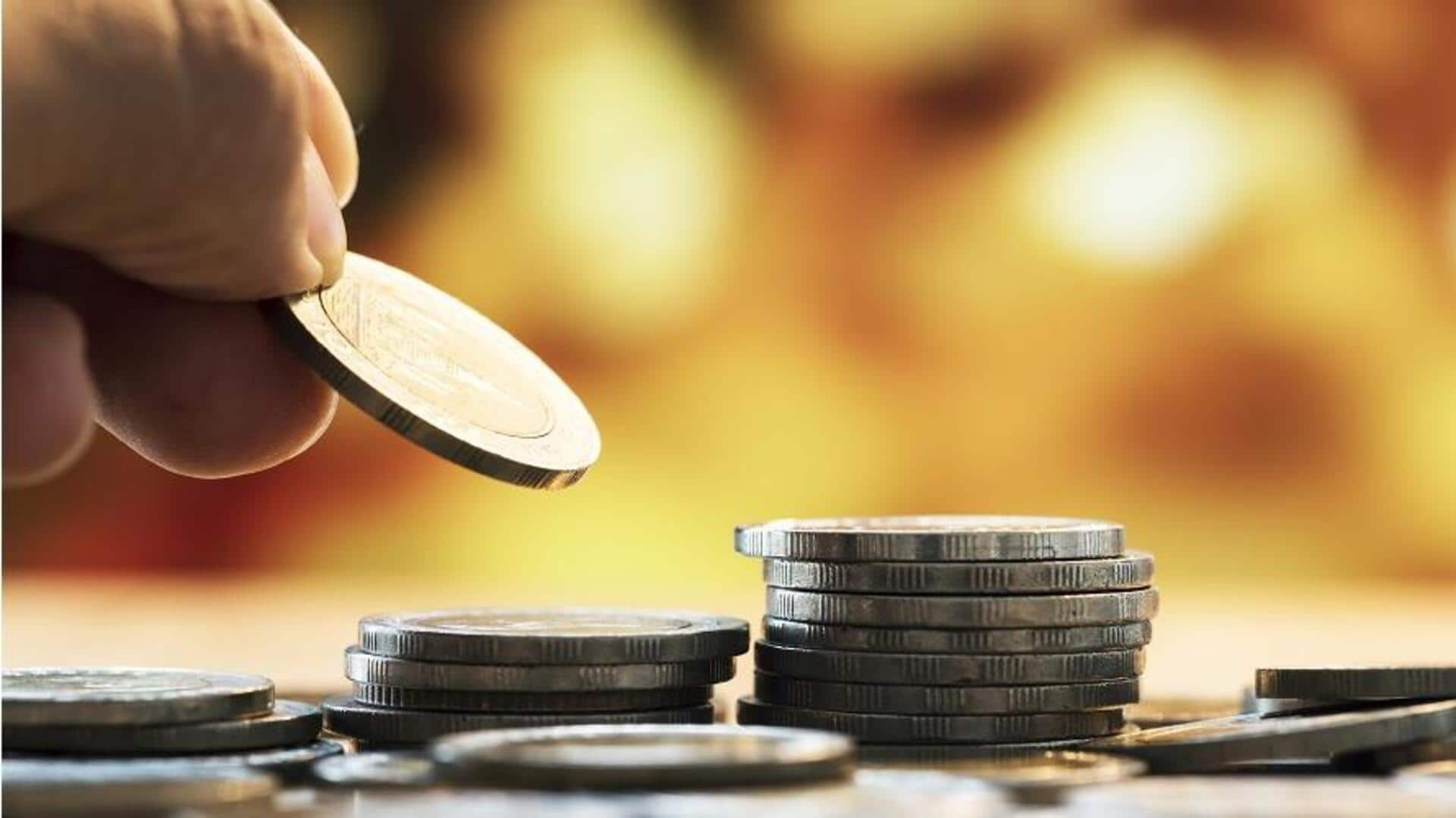
5 great ways to optimize your budget every month
What's the story
Managing a monthly budget can be tough, but with a few strategic tweaks, you can optimize your spending and savings.
Here, we take a look at five unique ways to level up your budgeting game.
By incorporating these strategies, you can take better charge of your finances and possibly save more.
Each of these methods focuses on practical steps that can be easily incorporated into daily life, without significantly changing your lifestyle.
Expense tracking
Track every expense
One of the most effective ways to optimize your budget is by tracking every expense.
This means, recording all your purchases (no matter how small) to know where your money is going every month.
By using apps or spreadsheets, you can categorize expenses and determine areas where you are overspending.
This way, you can make informed decisions about where cuts can be made or funds reallocated for better financial health.
Budgeting rule
Implement the 50/30/20 rule
The 50/30/20 rule is a simple budgeting framework that splits income into three categories: needs, wants, and savings or debt repayment.
Spend 50% of income on essential needs like housing and groceries, 30% on discretionary spending like entertainment or dining out, and the remaining 20% on savings or paying off debt.
This method offers a balanced approach ensuring both necessities are taken care of and future financial goals are prioritized.
Automated savings
Automate savings contributions
Automating savings contributions is an efficient way to ensure that you save without putting in the extra effort.
Have automatic transfers from checking accounts to savings accounts each month on payday.
This strategy will help you build an emergency fund or save for other specific goals by making saving a non-negotiable part of the budget instead of an afterthought.
Subscription review
Review subscriptions regularly
Regularly reviewing subscriptions helps identify unnecessary recurring expenses that may go unnoticed with time.
Most people end up subscribing to services they rarely use but continue paying for monthly out of habit or oversight.
By evaluating these subscriptions quarterly or biannually, you can cancel those not providing value and redirect funds toward more important financial priorities.
Cash usage
Use cash-only days
Implementing cash-only days restricts spending by confining purchases to cash payments instead of credit/debit cards or digital payments, during certain days/weekends of the week/month (when possible).
It promotes mindful spending as physical currency not only feels more real than digital but also makes you think twice before letting go of hard-earned cash, thereby promoting better fiscal discipline overall.